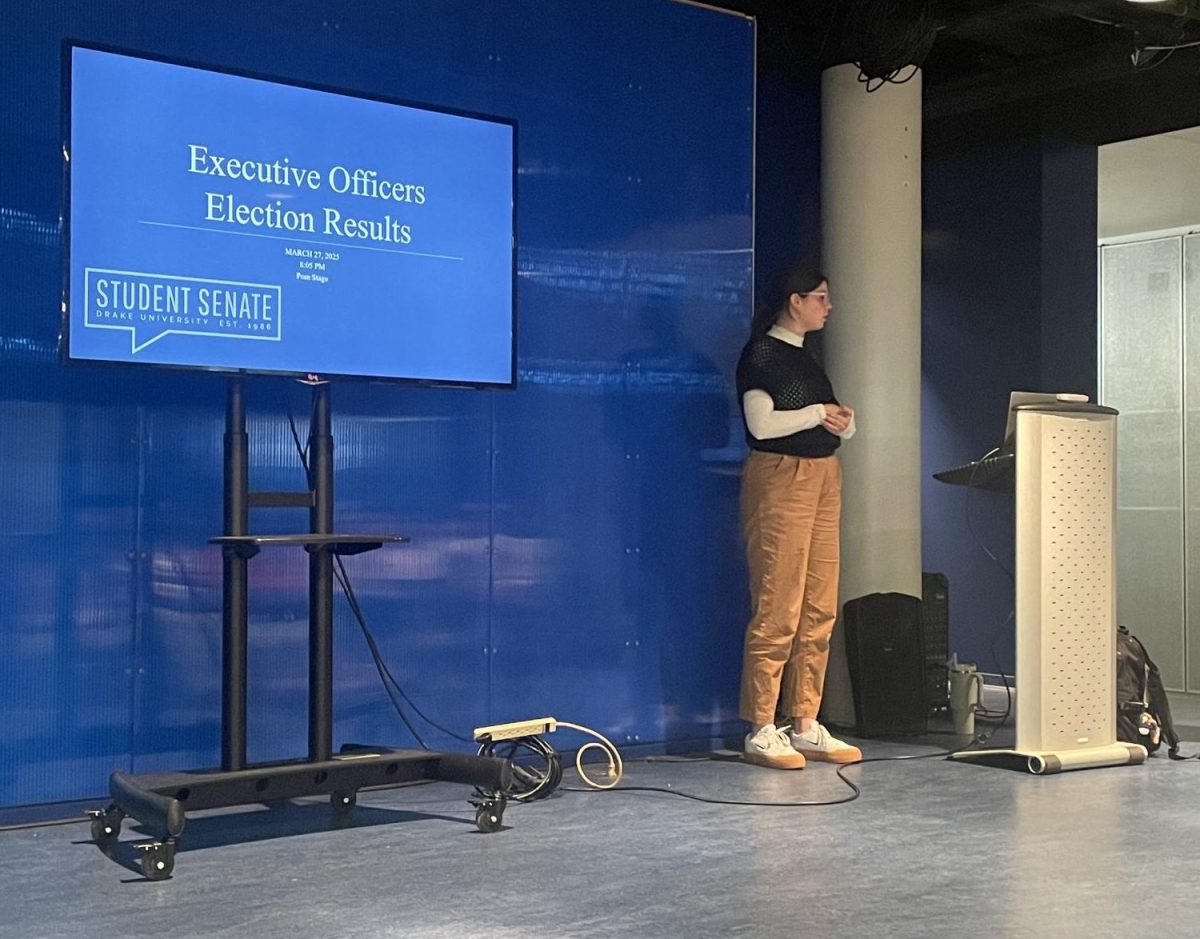As the fall semester goes on and students’ workloads increase, Drake’s relatively new Religious Accommodation Policy is becoming increasingly useful to students. The policy allows students to request that any class absences due to religious holidays be excused.
The policy, which was passed by the Faculty Senate in December of 2020, states: “To ensure equity, Drake University will make a good faith effort to provide reasonable religious accommodations to students whose religious belief and practices conflict with an academic requirement unless such an accommodation would create an undue hardship on the university community.”
Jeremy Alport, a member of Drake Hillel, utilized this policy for both Rosh Hashanah, the Jewish New Year; and Yom Kippur, which is considered within Judaism to be the holiest day of the year.
“The experience that I’ve had with the policy is that you fill out a Qualtrics form with all of the information, and it automatically sends your teachers an email saying you’ll be absent due to the holiday,” Alport said. “Beforehand, you usually just had to talk with your teacher, and sometimes they would count it as excused, and sometimes they wouldn’t.”
Student Body President and former Equity and Inclusion Senator Morgan Coleman said the policy reflects “a general consideration for students of various faiths.”
“This policy strives to mitigate some of the harms created when students must choose between practicing their faith on a certain holiday or participating in a large campus event,” Coleman said. “It is so important for our religious communities on campus, especially those that have been historically marginalized, to be considered when events are being planned. That level of inclusion shouldn’t be an afterthought.”
At the beginning of the semester, Drake’s Equity and Inclusion Director, Jennifer Harvey, sent out an email that included digital calendar events for Jewish holidays, providing students with an easy way to stay aware of dates where Jewish members of the Drake community might not be able to participate in events.
“In order to grow out campus awareness of the significance of Rosh Hashanah, Yom Kippur, and Passover, as well as to make our campus climate more inclusive and respectful of the many Jewish members of our community, we are pleased to offer you a link that will import into your Outlook calendar,” Harvey said in the email. “But also, the Office of Equity and Inclusion is working on creating a University-wide Outlook calendar that is inclusive of other major religious holidays. We plan to have this available for you sometime in the next several weeks.”
Alport said he saw the email as a sign that the administration is working to further support religious diversity on campus, but it’s “still a work-in-progress.”
“I didn’t see any Muslim holidays, or Buddhist holidays, or any other kind of holidays besides Christian and Jewish holidays [in the email], which made me concerned that now we’re still leaving out another section of the population that don’t have their holidays recognized either,” Alport said. “I think it’s good what they’re doing so far with the Jewish holidays, but I just think they need to continue to be transparent about it with everyone and I think open discussion about [the policy] will make it better for both the administration and students.”
Coleman said that continuing to work toward inclusion in the campus community is “extremely high on the priority list of the 35th session of Student Senate.”
“I believe that this policy is increasing the awareness that students have about various religious holidays and the needs of their communities during the academic year,” said Coleman. “By publicizing the list of religious holidays, we can only hope that organizations will be encouraged to be more considerate and inclusive in their programming efforts.”











